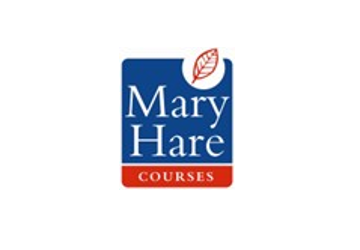Can a learner’s regular 1:1 CSW provide support during an exam?
Question: Can a learner’s regular 1:1 CSW provide support during an exam?
Response: The BATOD Statutory assessment and examination access arrangements would say yes, and there are reasons why: the regular CSW is naturally familiar with the subject, the student and the signs used in the course. There are points from the JCQ regulations that support this:
If the CSW acts as a Language Modifier:
5.11.5 A Language Modifier must have:
Knowledge of the subject being examined in order to recognise subject-specific vocabulary and technical terms;
5.11.6 The candidate should, wherever possible, be familiar with the Language Modifier.
If the CSW acts as a Communication Professional (relevant passage in italics):
5.13.4 The Communication Professional must be proficient in the use of the candidate’s sign language, ideally being qualified to a minimum of BSL/ISL at Level 3 (and aspiring towards Level 6). The Communication Professional must be at an appropriate level for the examination. It is advisable that the Communication Professional should also be a qualified Language Modifier. The Communication Professional must be familiar to the candidate and must always work at the candidate’s pace.
5.13.5 The Communication Professional must be familiar with the subject being examined and the candidate’s normal way of working. This will ensure that the meaning of the question is not changed and that technical and subject specific terms are recognised.
To summarise, the regular CSW is typically the best person to act as a LM or a CP (if the CSW has BSL Level 3 and aspiring to Level 6).
Please note
JCQ regulations state that anyone acting as a Language Modifier (LM) in an exam must have successfully completed accredited training. This applies whether or not the Awarding Body has used a BALM. The Communicate-Ed Language Modifier (LM) course is open to anyone.




